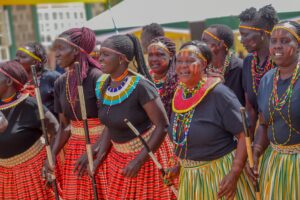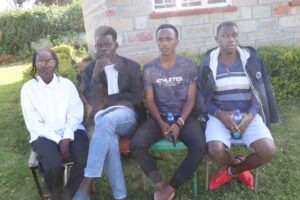Protecting livestock, livelihoods and wildlife with solar-powered lights: Maasai entrepreneur named as a finalist for the Young Inventors Prize
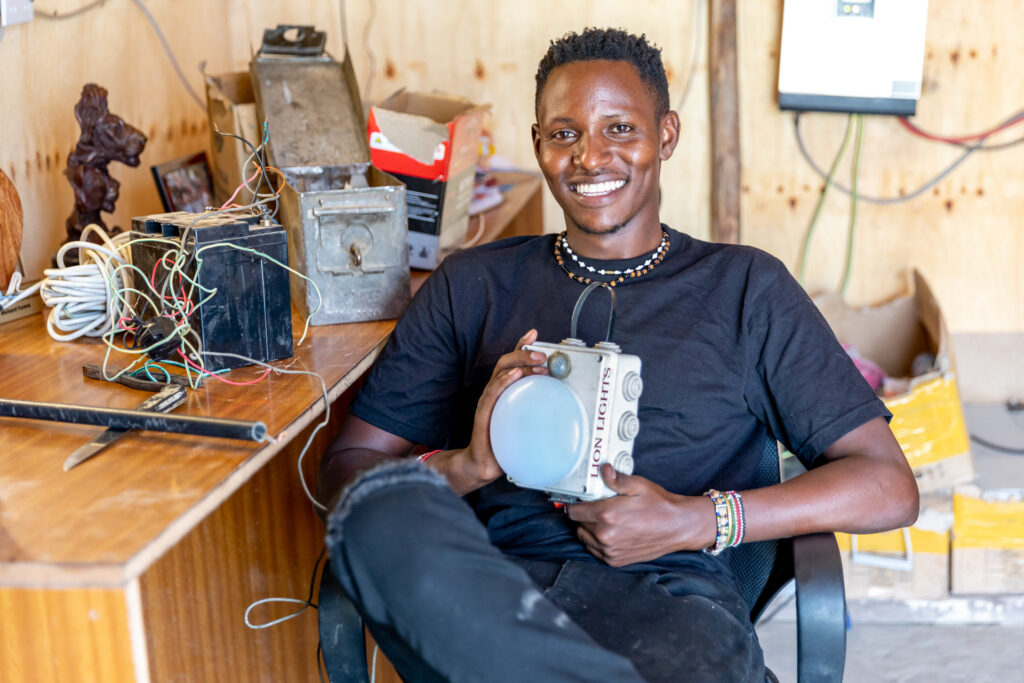
Richard Turere
The lion population in Africa is estimated to have declined by 43% in the past 20 years, with roughly 20 000 lions thought to be roaming the entire continent, according to the World Wide Fund for Nature (WWF). Many lions are killed to stop them from eating precious livestock, which is a key concern for the Maasai of Kenya. Seeking to protect his community’s livestock without harming the endangered lions, inventor Richard Turere
developed a system to ward off lions and other predators from livestock using light
sequences.
Turere has been named as one of three finalists for the second edition of the Young Inventors Prize, which the European Patent Office (EPO) established to inspire the next generation of inventors. The prize recognises young innovators aged 30 or under who have developed technological solutions to tackle global problems and help reach the United Nations Sustainable Development Goals (SDGs). Turere’s invention contributes to UN SDG 15: Life on Land, which includes protecting, restoring and promoting sustainable use of terrestrial ecosystems.
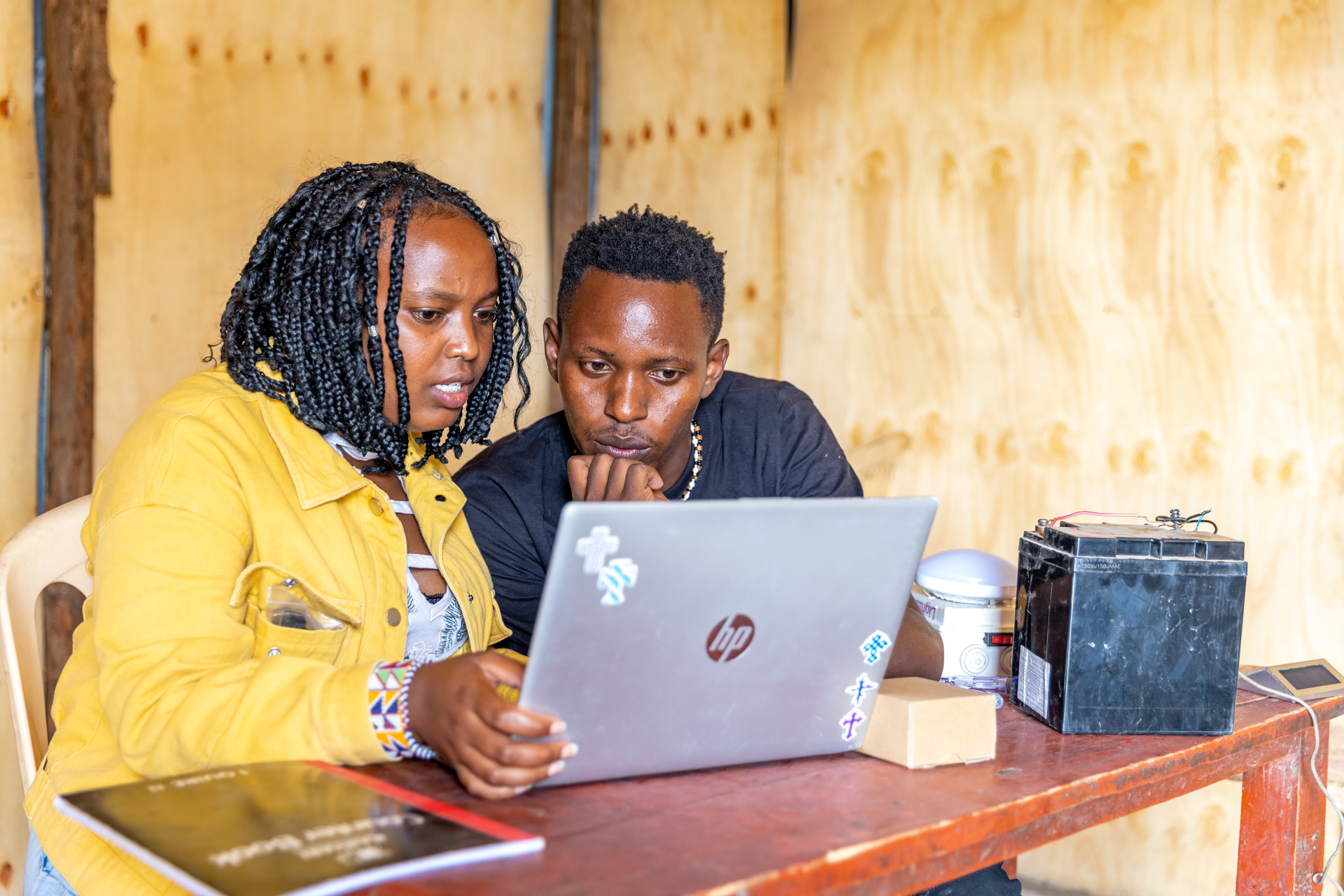
Protecting prey and predators
Many prey animals of the Nairobi National Park, near where Turere grew up, seek shelter in communal lands to escape the threat of predators. However, this only resulted in lions being led to these human-inhabited areas, where they took the opportunity to hunt the more docile livestock. The cattle are often an essential source of food and income for the local communities. To counteract this risk, lions were often killed, significantly impacting the lion population, the area’s biodiversity and tourism.
The Kenyan government even tried to reduce the number of lion killings by financially compensating farmers whose animals had been killed, but it became too costly and could not be sustained. After testing several ideas, Turere’s invention, known as Lion Lights™, is based on a simple concept, replicating the human presence that keeps lions away. Using changing sequences of flashing lights, thelions cannot become comfortable with the patterns. Turere still continues to analyse and improve his invention to ensure that it still works as effectively now as it did in the past.
As word of his technology spread, other community members began requesting the system for their properties, and now over 2 000 homes in Kenya use Lion Lights. Since Lion Lights were installed, no lions have been killed in the area and a recent animal census at Nairobi National Park has seen an increase of 15% in their lion population.
As Turere explains, “our motto at Lion Lights is that there is no existence without co-existence. For us to be able to live in this world harmoniously, we’ll have to find a way of living peacefully with each other,
humans and wildlife”.
The system typically runs on solar energy but can also be coupled with wind power when the weather is cloudy or there is little sun. It has attracted international attention and has been implemented in several other countries, including Tanzania, Botswana, Namibia, Argentina, and India, where it has helped deter various species of animals, such as hyenas, leopards and cheetahs.
The power to change the world Like many young Maasai boys from Kitengela, Turere was tasked with protecting his family’s cattle. At one point, lions killed about nine of his cows a week and that’s when inspiration
struck. The Maasai inventor believes that others can learn from his journey.
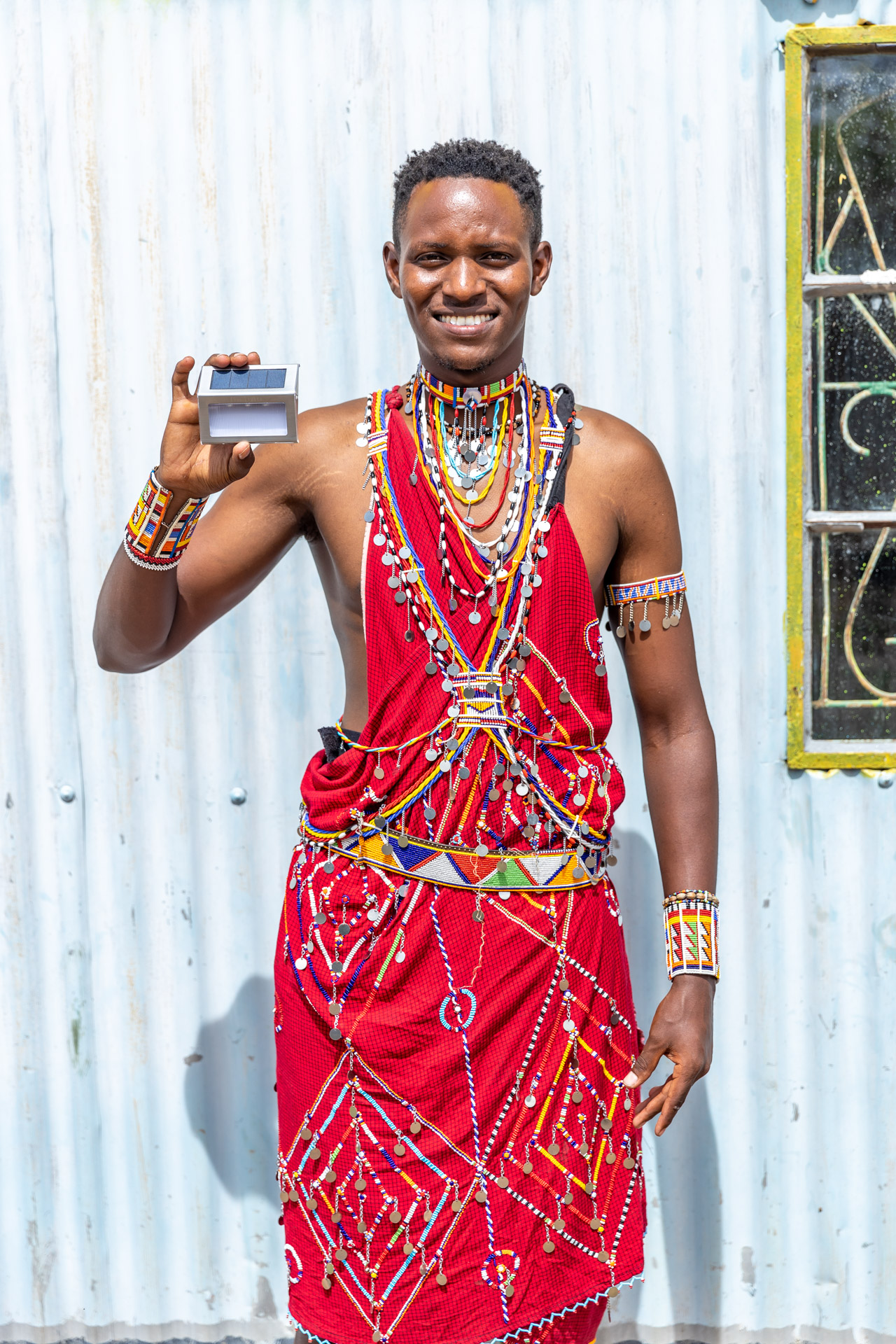
“I want this story to inspire the young kids that they too can do something. If I did it coming from this
community with no education, and no resources whatsoever, then anyone can make it.
Anyone can change this world”. In 2013, Richard Turere founded an organisation, which now
works with more than 50 young people in his village.
Turere’s invention caught the eye of Wildlife-Direct, a charitable organisation led by Dr Paula Kahumbu, who helped him win a scholarship to Brookhouse School in Nairobi, where he studied A-Levels. He then completed a BA in Global Challenges and Wildlife Conservation at the African Leadership University. Turere has become a sought-after speaker, sharing his inspiring story in TED Talks and at events such as Ciudad de las Ideas. He highlights
that “the human-wildlife conflict is still a significant challenge and our work is not yet done, as
many communities still cannot afford Lion Lights. We need more hands on deck and more
resources to build the future we want”.
The Young Inventors Prize winner will be announced at the European Inventor Award 2023 hybrid ceremony on 4 July 2023 in Valencia (Spain). This ceremony will be broadcast online here.

